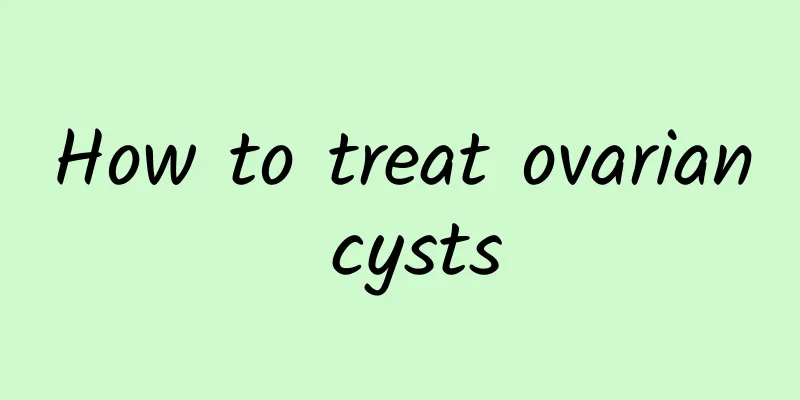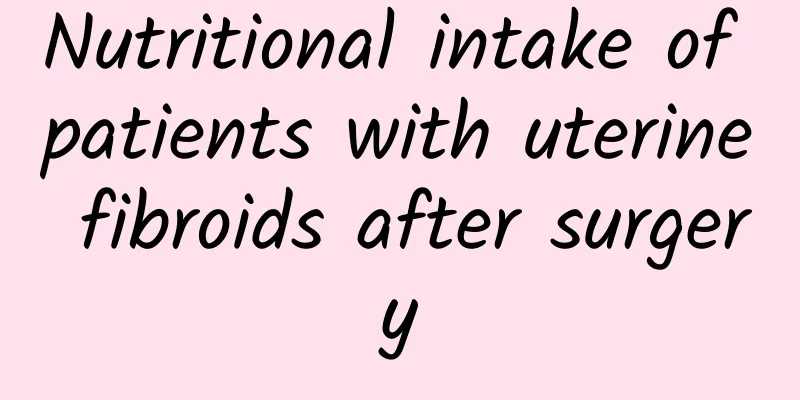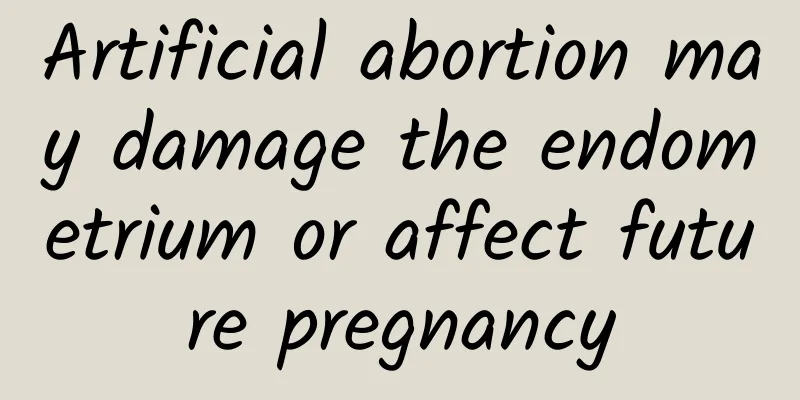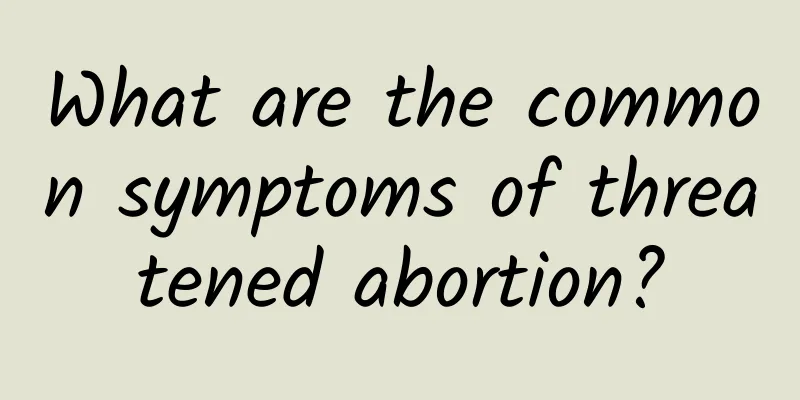What to do if ovarian cysts recur
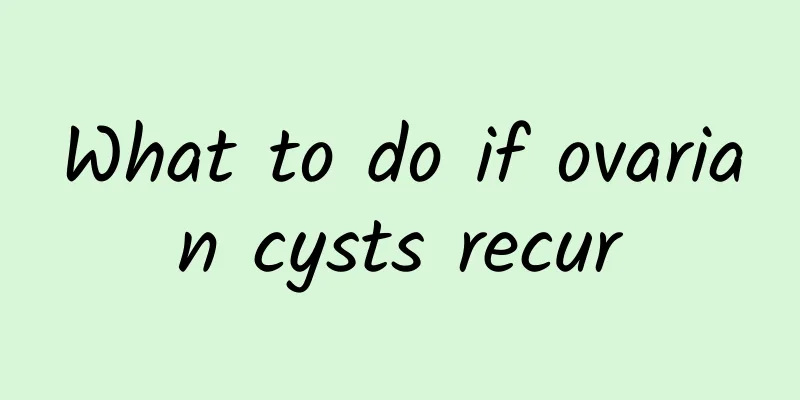
|
What should I do if ovarian cysts recur? Ovarian cysts refer to benign tumors of the ovaries and are the most common gynecological disease. They can occur in women of any age and are common during childbirth. Patients usually have no obvious symptoms and are usually discovered accidentally during a physical examination. The clinical condition develops slowly, and as the cysts slowly increase, menstrual disorders, abdominal distension, abdominal pain and other manifestations often occur. When these symptoms are more severe, women are more likely to suffer from ovarian cysts, and the risk and harm of malignant ovarian cancer are greater. When ovarian cysts recur, it is best to resolve them through surgery. Whether it is the first ovarian cyst or a recurrent ovarian cyst, surgical treatment is the most appropriate method, and the surgical method can be selected according to the patient's age, fertility requirements, etc. For example, for older patients with ovarian cysts who have no fertility requirements, unilateral adnexa or bilateral uterine adnexa can be removed at this time to prevent the recurrence of malignant changes in ovarian cysts. If a malignant cyst is suspected, the lesion should be removed as much as possible. For young women who have fertility requirements, it is best to treat them through ovarian cystectomy, but it is necessary to maintain normal ovulation function to minimize the impact on normal ovarian tissue and prevent women from being infertile after surgery. Some people choose conservative treatment for ovarian cysts, which can easily lead to recurrence of cysts. Timely surgical removal of the cyst is required to prevent the cyst from worsening or further developing. Under normal circumstances, malignant ovarian cysts or cysts with obvious volume changes in a short period of time can be surgically removed. Pay attention to your diet after surgery. Surgical removal of ovarian cysts is not foolproof and you can rest assured. If you do not pay attention to related dietary issues after surgery, it may lead to recurrence of ovarian cysts. Patients need to develop healthy eating habits after surgery, mainly a light diet, and can supplement more protein and vitamins. Foods containing folic acid and sunlight elements can also be eaten more, such as ordinary tomatoes, carrots, mulberries and other foods. |
<<: What to do if you want to have an abortion due to adenomyosis
>>: How to treat chronic pelvic inflammatory disease
Recommend
The best period for painless abortion
The best time for painless abortion is usually 6 ...
How to diagnose adnexitis
How can adnexitis be diagnosed? The diagnosis of ...
Is low-calorie food necessarily good? Debunking food calorie myths
"Only eat 1200 calories a day...", &quo...
Experts explain the reasons why dysmenorrhea still occurs after marriage
In real life, most dysmenorrhea patients will gra...
How to eat after pregnancy with uterine fibroids
If you are diagnosed with uterine fibroids during...
Solutions for excessive bleeding after medical abortion
If the fetal sac is seen to be expelled during th...
Does untreated hyperprolactinemia affect the fetus?
Many people may think that if hyperprolactinemia ...
How to treat cervical erosion in gynecological hospitals
If you are sick, you must go to the hospital for ...
What are the symptoms of pseudocervical erosion?
Cervical erosion is not an independent disease, b...
Obesity and sagging skin not only affect appearance, but these health problems can also raise red flags!
Obesity and excess skin are common health issues ...
How to have an early abortion safely
There is generally no saying that "what is t...
So fat! 1 cup of hot bubble tea = 28 sugar cubes
The weather is so cold, have a cup of hot drink t...
Three major causes of vulvar itching
Vulvar itching is actually caused by many disease...
Which department should I go to for vulvar leukoplakia and perianal itching? What medicine should I use for anal leukoplakia and itching?
Vulvar leukoplakia and perianal pruritus are comm...
Traditional Chinese medicine prescription for the treatment of congenital amenorrhea
Congenital amenorrhea can be treated with traditi...




